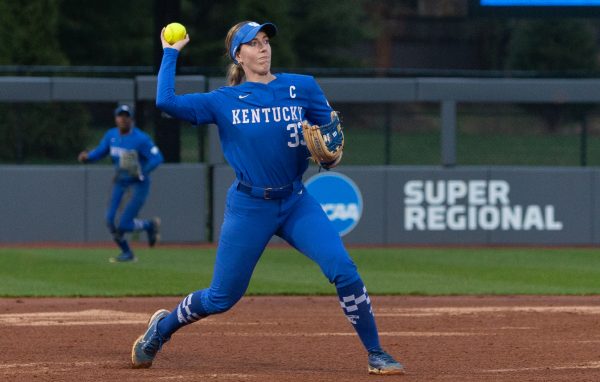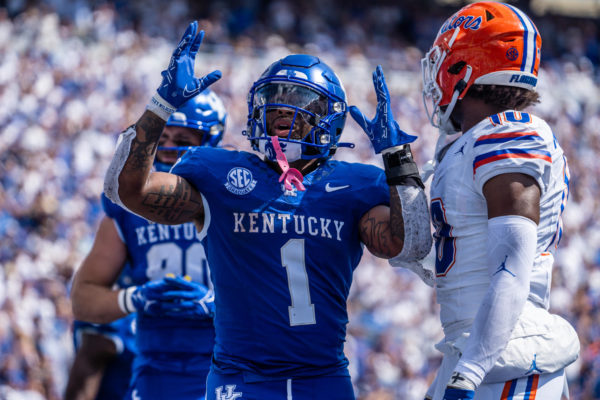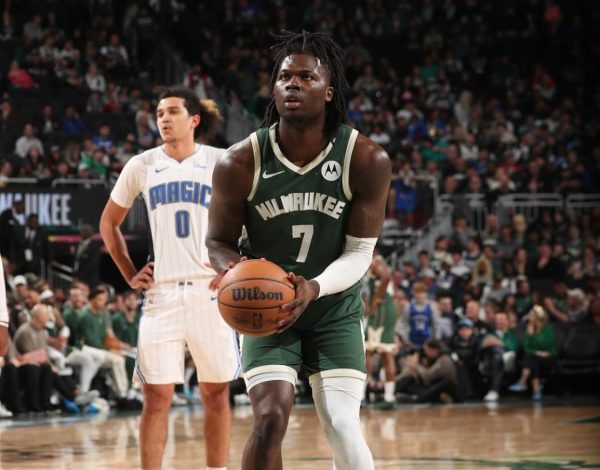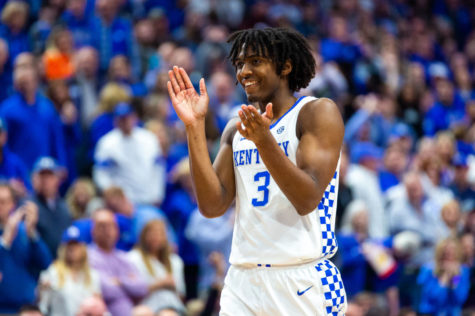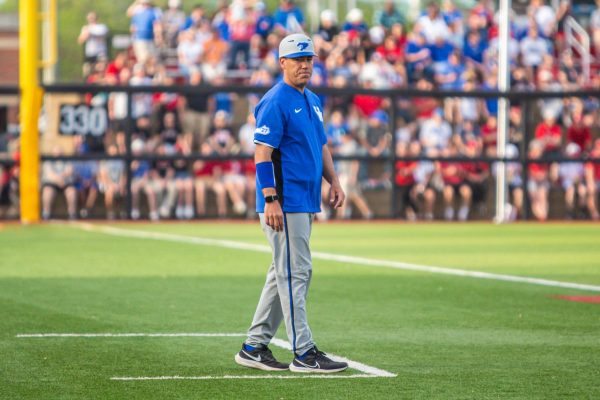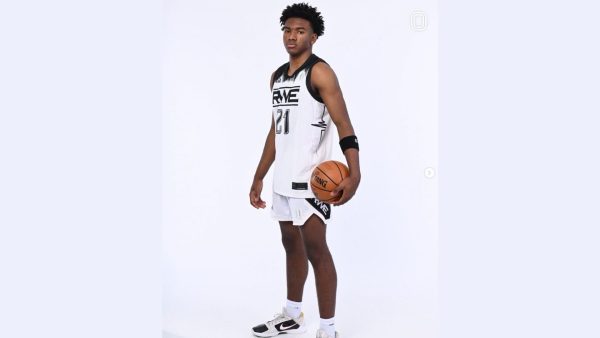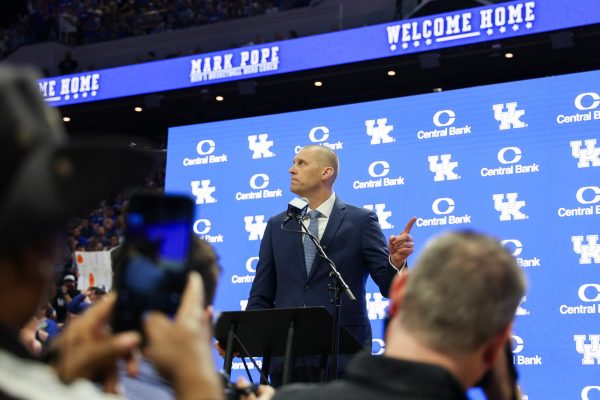NCAA adopts new proposals and Calipari’s take
October 27, 2011
The NCAA Board of Directors adopted significant legislature Thursday that will change student athlete welfare, loosen men’s basketball recruiting rules and toughen academic standards.
The four substantial changes:
- Gave conferences the option of adding a $2,000 stipend to scholarship athletes that will help cover the cost of attendance. “The new rule makes the additional aid available to student athletes in head-count sports (football and basketball) and those in equivalency sports who reach the value of a full scholarship,” a press release said.
- Changed men’s basketball recruiting rules substantially in an effort to curb the influence of third parties. Coaches will be allowed to send unlimited calls, texts and private social network messages to recruits. The new rules allow for schools to give more financial help to recruits on official visits. The legislation also shifted around the summer April and July recruiting periods. Instead of having 20 days in which coaches can contact recruits, they will now have four days in April and 12 days in July. All rules will be gradually implemented and will be in full effect by Aug. 1, 2012.
- Raised the required academic performance level needed for postseason play. The required APR score will gradually rise, from 900 in 2012-2013 to 930 by 2015-16. Teams that don’t achieve this mark could face penalties and bans from postseason tournaments in basketball and bowls in football.
- Enacted more stringent academic standards for incoming freshmen and transfers. Beginning in August 2012, the required GPA in core courses for high school seniors will rise from 2.0 to 2.3. Junior-college transfer students would need a 2.5 GPA.
Here are the full NCAA press releases on the new recruiting rules and on the new welfare/academic changes.
Earlier Thursday, before the official announcement on the NCAA’s approval of the new rules, John Calipari talked about some of these same issues at SEC Media Day (quotes from a video feed of Calipari provided by the SEC).
“I think the cost should be higher, more like $4,000,” Calipari said, although it should be noted the NCAA stated it would not consider an increase from the $2,000 for at least three years. “I will tell you that some of the things they’re trying to do are good. I just wish students had representations on all these committees. A student from a BCS school that’s dealing with this stuff that these kids are dealing with. They should be on every committee.
“Because what you’re doing is, these are all rules that affect them. Let them have representation. Let coaches be on those committees. Let them be on every committee so they can give you a perspective of what they’re passing and how it affects student athletes. They have to have representation, because this stuff all affects them.
“Let me ask you a question: What do you think is the biggest decision a young man makes when he’s 17, 18 years old, when he’s being recruited? Do you think that’s the biggest decision of his life? When a kid visits a campus, should his family members be able to go with him to make sure he’s not bamboozled or lied to? You think so? So why don’t we pay for that?
“Do you think when a young man is in the championship game, his family should be able to go to the game and watch the game be played? So when Brandon Knight made the game-winner against Ohio State, don’t you think his family should’ve been in the building? They couldn’t afford to be there. Don’t you think they should be there? That’s not pay-for-play.
“Was it pay-for-play in the 50s and 60s when they gave them movie money and laundry money? They paid them to play by giving them that money. But it was all about dollars, that’s why they took it away. Paying expenses is not making them professional. That’s what they hide behind. It’s not true.
“You know who gets hit the most? Middle income. If you’re middle income, your son gets no Pell Grant. He gets nothing. Now he calls home and says, ‘I need money.’ ‘What are you talking about? We’re trying to make the mortgage. I have no money to send you.’ The middle-income kid is the one that gets smashed.
“Hey, he’s being rewarded – absolutely rewarded by his scholarship, how he’s treated, all those things, but a true living expense that the normal student would have, I think they deserve. That’s just my opinion.”












































































































































